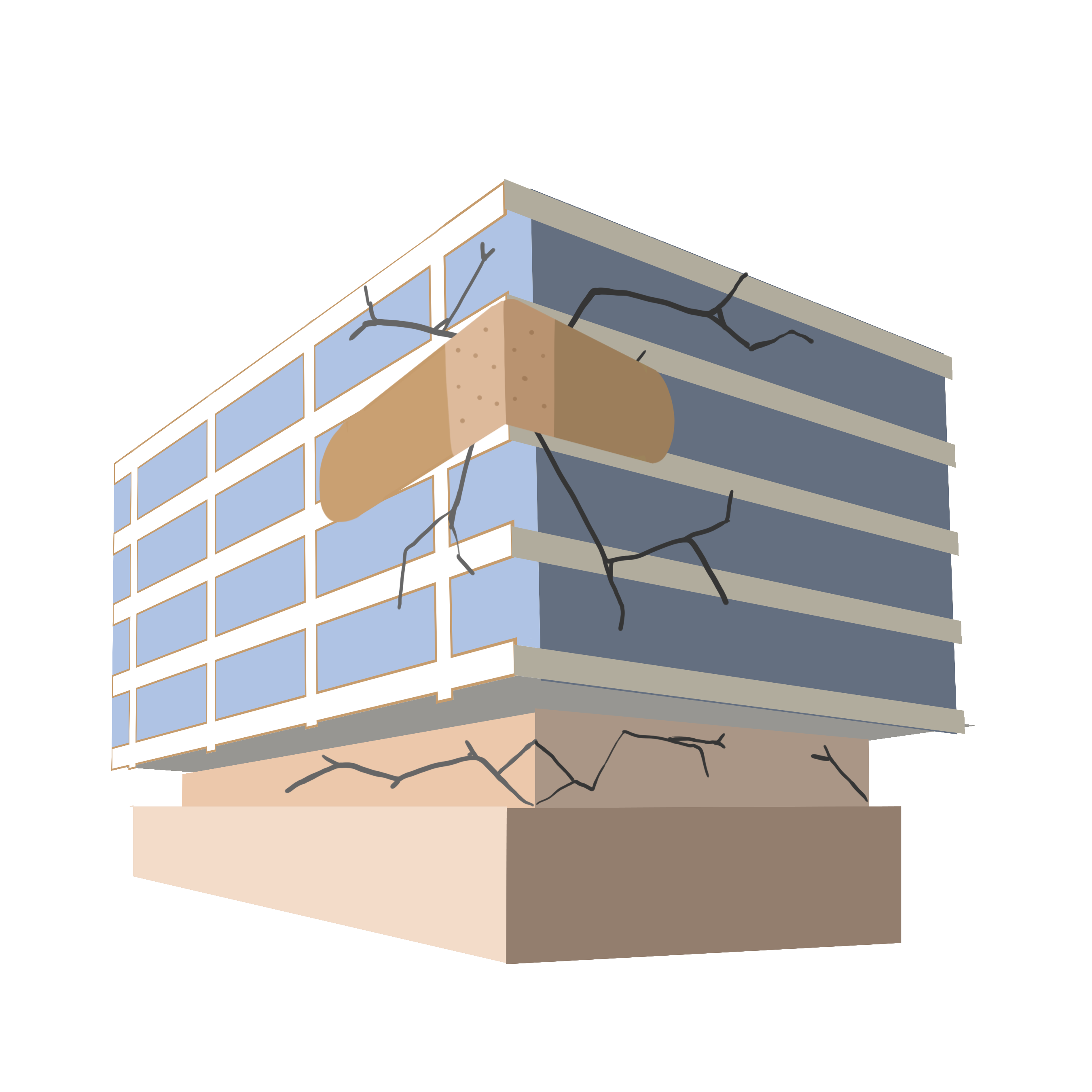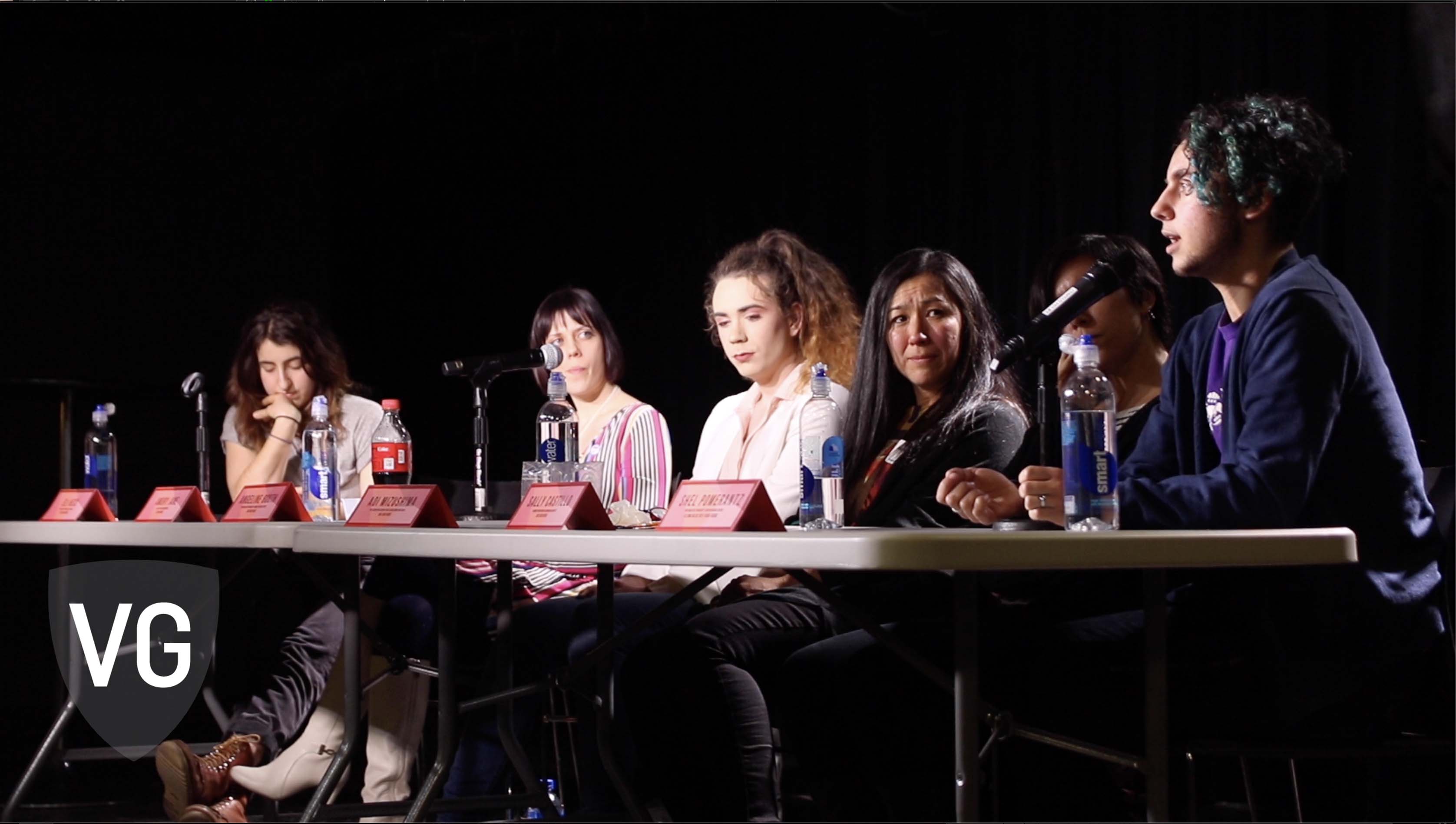Gov. Kate Brown’s recommended budget for public universities for the upcoming biennium—financial years 19–20 and 20–21—included a delay of all capital projects until 2020, which could affect how the university plans to renovate some of its older buildings.
Projects currently underway, such as the renovation of 724 Harrison Street, formerly known as Neuberger Hall, are not affected by this capital investment freeze. However, projects which were slated for upcoming financial years are said to be in jeopardy.
“Governor Brown recommended delaying funding until 2020, but the legislature has not weighed in on their plan,” said Associate Vice President of Government Relations Kevin Neely. “We are assuming there will be some infrastructure investment in 2019 until we hear otherwise. However, decisions on capital are not usually made until May or June.”
In a January Board of Trustees meeting, PSU President Rahmat Shoureshi singled out Science Building One as being in need of repairs, saying the building “has all kinds of issues. [If] you look at how many students go through that building every hour, that’s a concern because safety is a key issue for students, faculty and staff.”
Shoureshi later clarified that his concerns were of seismic activity in a February student media press conference.
“[What we’re] really concerned about is if, God forbid, the big earthquake that everybody’s talking about happens,” Shoureshi said. “If that happens, there’s a concern, yes. But right now, there’s not.”
Dan Zalkow, associate vice president for planning, construction and real estate, said that after an earthquake, the school would assess all buildings on campus to make sure they are still safe to use, or to what extent they would need repairs.
“Because earthquakes vary greatly, it is impossible to determine the exact type and amount of damage to buildings an earthquake would cause,” Zalkow said. “We therefore don’t have a list of what would happen to each building. Every time we renovate a building, we take actions that make the building more likely to be able to be used after an earthquake.”
Zalkow also clarified that buildings considered unlikely to survive an earthquake are generally in danger of being unusable immediately after the event.
“Since there are so many valuable classrooms and labs in SB1, we want to renovate it in a way that will help ensure that the building can be used immediately after a major earthquake if one were to occur,” Zalkow said.






